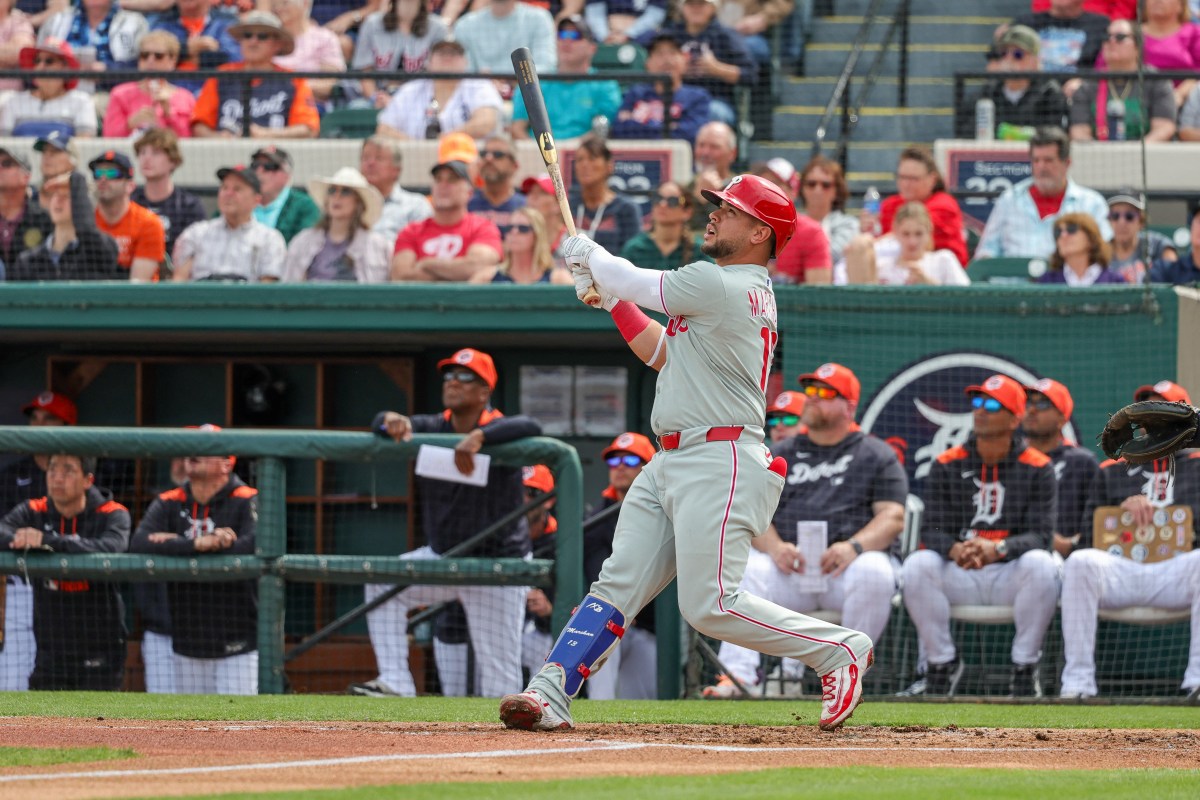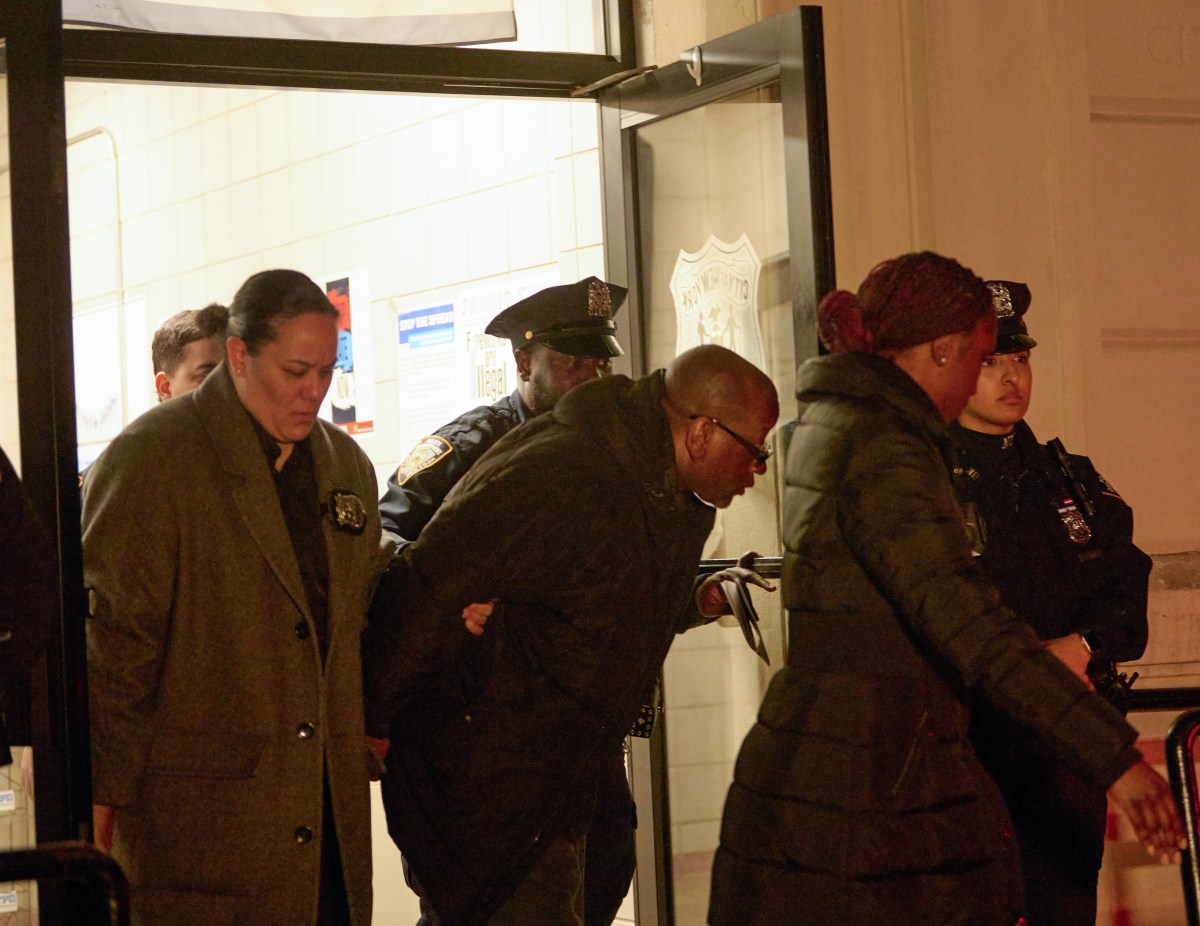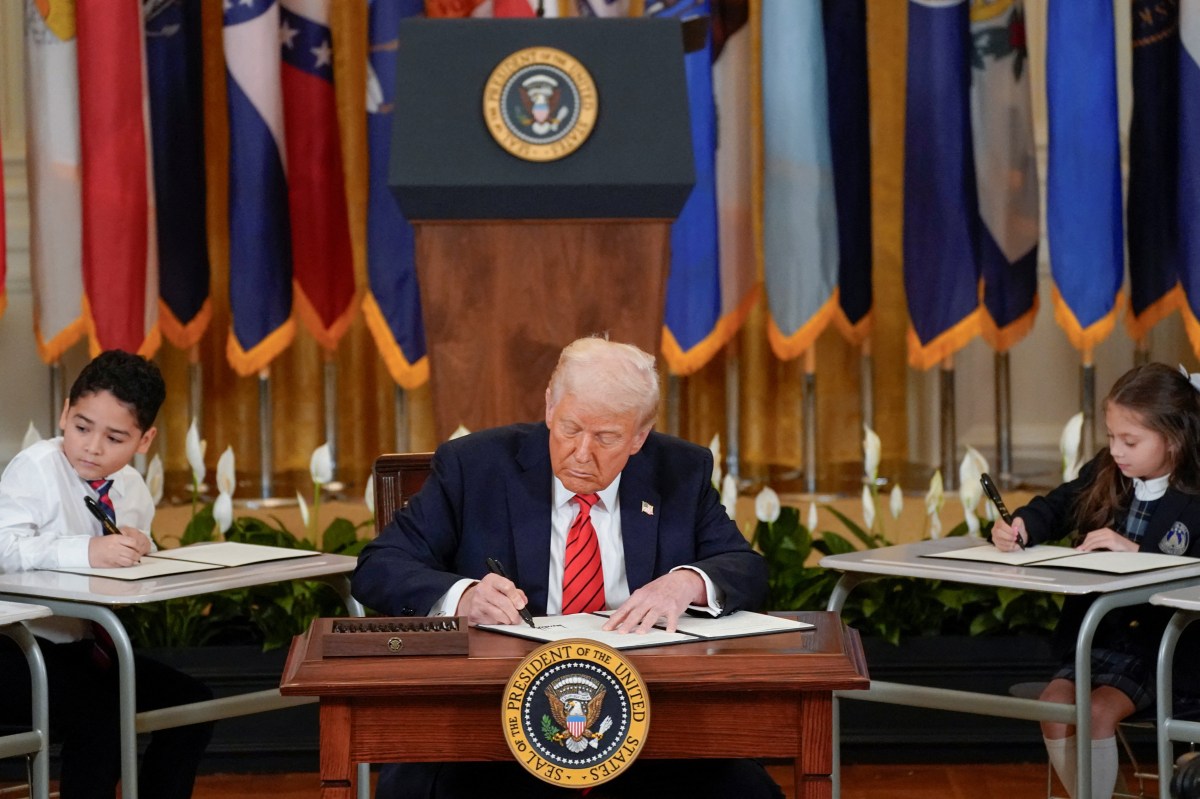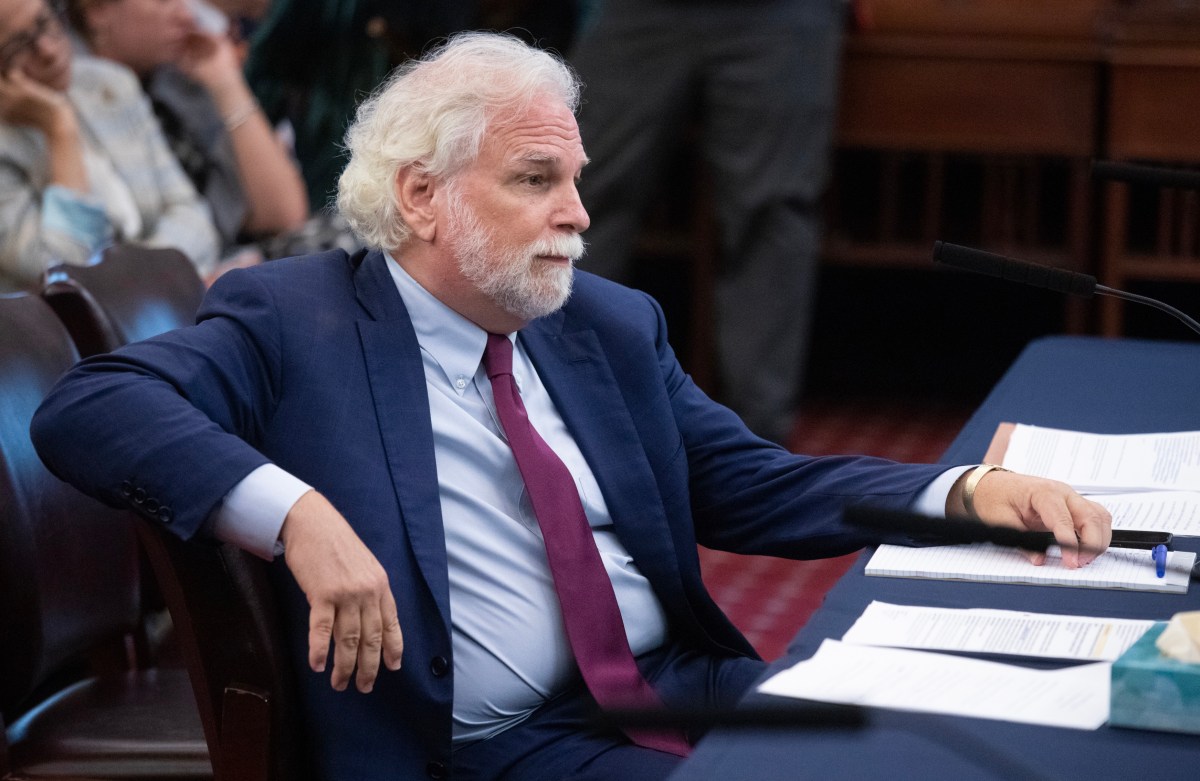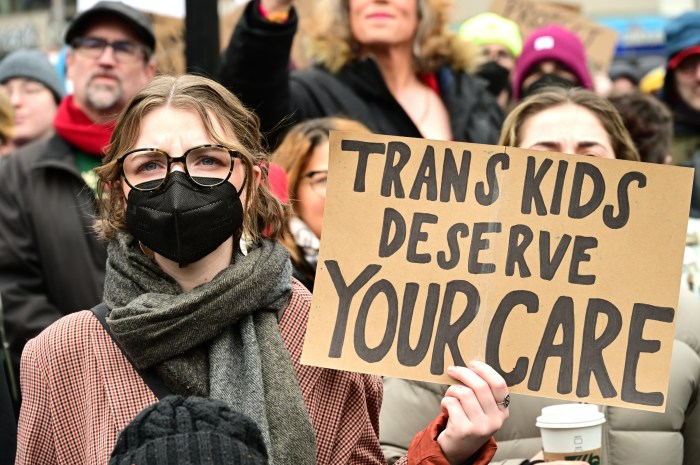BERLIN (AP) — Natural gas supplier Uniper said Tuesday that it’s in “final discussions” for Germany to nationalize the company, ramping up the government’s intervention in the gas and oil industry as Russia’s war in Ukraine provokes an energy crisis.
The expansion of Uniper’s July rescue deal would feature a capital increase of 8 billion euros (dollars) that the government would finance and involve it taking a majority stake now held by Finland-based Fortum, the company said. The Finnish government has the largest stake in Fortum.
Uniper’s losses have mounted as Russia has cut back natural gas supplies to European countries supporting Ukraine. Prices have soared for the fuel needed to heat homes, generate electricity and power factories, raising fears of business closures, rationing and a recession as the weather turns cold.
European countries have scrambled to counter the price spiral and prioritized securing their energy supplies for winter, including by filling their natural gas storage. Just last week, Germany also moved to take control of three Russian-owned oil refineries before an embargo on Russian oil takes effect next year.
The initial Uniper rescue package foresaw the government taking a roughly 30% stake in the company after Russia’s cutbacks forced it to buy gas at far higher prices on the market to fulfill its supply contracts.
Under the prospective new deal, “it is envisaged that the federal government will obtain a significant majority stake in Uniper,” said the company, which confirmed talks on a possible nationalization last week. It added that “the final agreement has not yet been concluded.”
While the government tries to stabilize Uniper, authorities say Germany’s gas storage facilities are now more than 90% full in preparation for the winter heating season despite Russia halting gas deliveries through the Nord Stream 1 pipeline.
The head of the national network regulator, Klaus Mueller, tweeted late Monday that Germany had “achieved another milestone” and that the stored gas will help in managing any potential gas emergencies and will flow back into the market.
He cautioned that “nevertheless, we must continue to save” gas.
The government tightened storage requirements in July after Russia’s state-owned Gazprom started reducing gas supplies through Nord Stream 1, citing alleged technical problems. German officials dismissed that explanation as cover for a political decision to push up prices and create uncertainty.
Germany introduced a requirement for storage to be 75% full by Sept. 1 and raised the targets for October and November to 85% and 95%, respectively, from 80% and 90%. The November target is roughly equal to the amount of gas that Germany used in January and February this year, when temperatures were relatively mild.
Before the reductions started, Russia accounted for a bit more than a third of Germany’s natural gas supplies.
Chancellor Olaf Scholz says Germany is well-placed to get through the winter with enough energy, pointing to new liquefied natural gas terminals expected to start work in the coming months, among other things.
In a separate move last Friday, his government announced that German authorities were taking control of three Russian-owned refineries to ensure energy security. Two subsidiaries of Russian oil giant Rosneft are being put under the administration of Mueller’s Federal Network Agency.
Rosneft accounts for about 12% of Germany’s oil refining capacity, importing oil worth several hundred million euros (dollars) every month, according to the government, which said the trusteeship was initially due to last for six months.
The network regulator already was put in charge of Gazprom’s former German subsidiary in April, a decision that the government said was necessary to bring “order to the conditions” at the company after the Kremlin-controlled parent company abruptly cut ties with the unit.
















